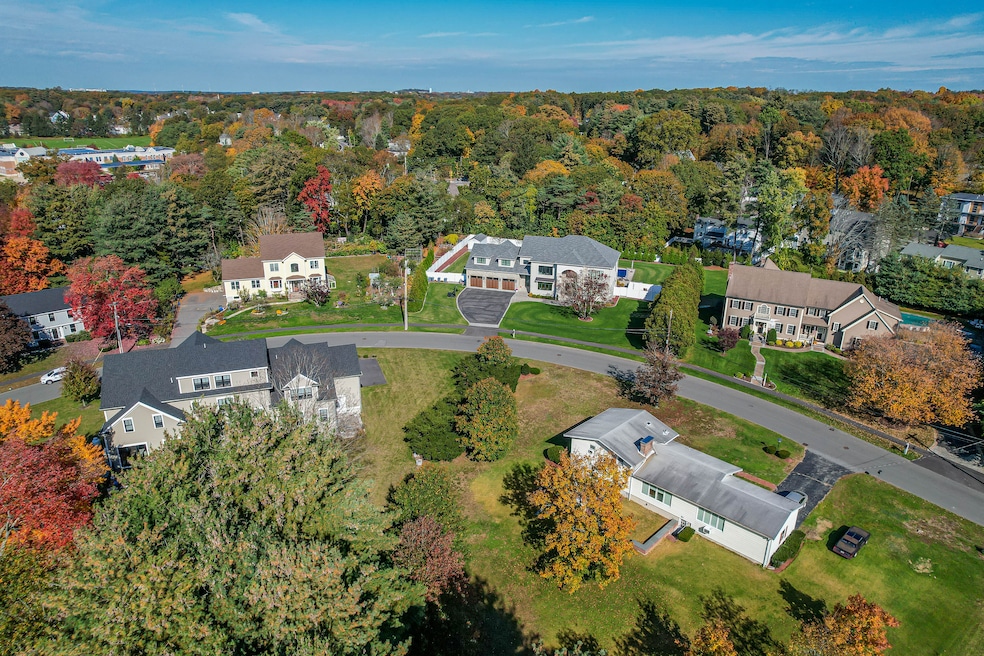Massachusetts can require towns and cities to identify areas where they will allow a variety of housing types, not just single-family homes, the state’s highest court said.
The law upheld by the Supreme Judicial Court has generated a pipeline of 3,000 new residences since its passage in 2021, Gov. Maura Healey said in a statement about the ruling. To address the need for an estimated 200,000 new homes statewide by 2030, the law requires 177 localities in the Boston region to map out where they will permit multifamily housing ranging from duplexes to apartment developments.
The law is informally known as the MBTA Communities Act, referring to the Massachusetts Bay Transit Authority transit network that serves the Boston area. It doesn’t mandate any new housing construction but requires that it be an option. The law also doesn't require that the housing be affordable.
In towns and cities that have that passenger rail service, housing has to be allowed within a half mile of stations, with an intensity of at least 15 homes per acre. The designated areas for housing have to include at least 50 acres or 1.5% of a town’s developable land, whichever is less. The state also set a minimum number of homes each town has to allow, which in some cases is as much as 25% of a town’s current housing stock. Towns that have bus service, but not rail, or that border towns with transit don't have to allow as much.
“This decision is a major victory for our efforts to increase housing across the state and lower costs,” Healey said.
From the Homes.com blog: What you need to know about living in Boston, MA
The state sued the town of Milton in March 2024 after its voters said in a referendum that the town shouldn’t comply with the law. Town officials had previously mapped out areas around four train stops near the border with Boston where new housing might be allowed.
The town unsuccessfully argued in court that the state couldn’t force it to allow more housing types, since the law already penalized it with a loss of access to certain state funds. The court also denied Milton’s suggestion that the law was unconstitutional because it let unelected state officials make housing policy, when that power should be reserved to lawmakers. The state legislature did enact the law, the court said, though it left it up to officials to figure out how to implement it.
But the court did agree with the town that the state hadn’t properly notified the public about the law or explained its potential financial impact. Gov. Healey said in her statement that the state will quickly implement emergency regulations to avoid disruptions to the law while it addresses the court’s concerns.
“In that respect, today’s decision was a victory not only for Milton but also the rule of law,” Kevin Martin, an attorney with the firm Goodwin Procter who represented the town, said in an email.
He said the state runs the risk of more lawsuits going forward if it fails to address the town’s concerns. One is that the train line that connects Milton to Boston isn’t really rapid transit, because it was developed separately from the rest of the regional train network. By classifying Milton as a rapid transit community, the state required the town to plan for more homes than some of its suburban neighbors.
Of the 177 affected cities and towns, 116 have had their plans to comply with the MBTA Communities Act approved by the state, according to Healey’s statement.
Though some cities and towns have protested the state law, housing advocates and real estate groups have been largely supportive.
"The Greater Boston Real Estate Board has long supported the MBTA Communities Act because we know the only solution to the state's housing crisis is through creating more homes,” Greg Vasil, the board’s chief executive officer, said in an email.

